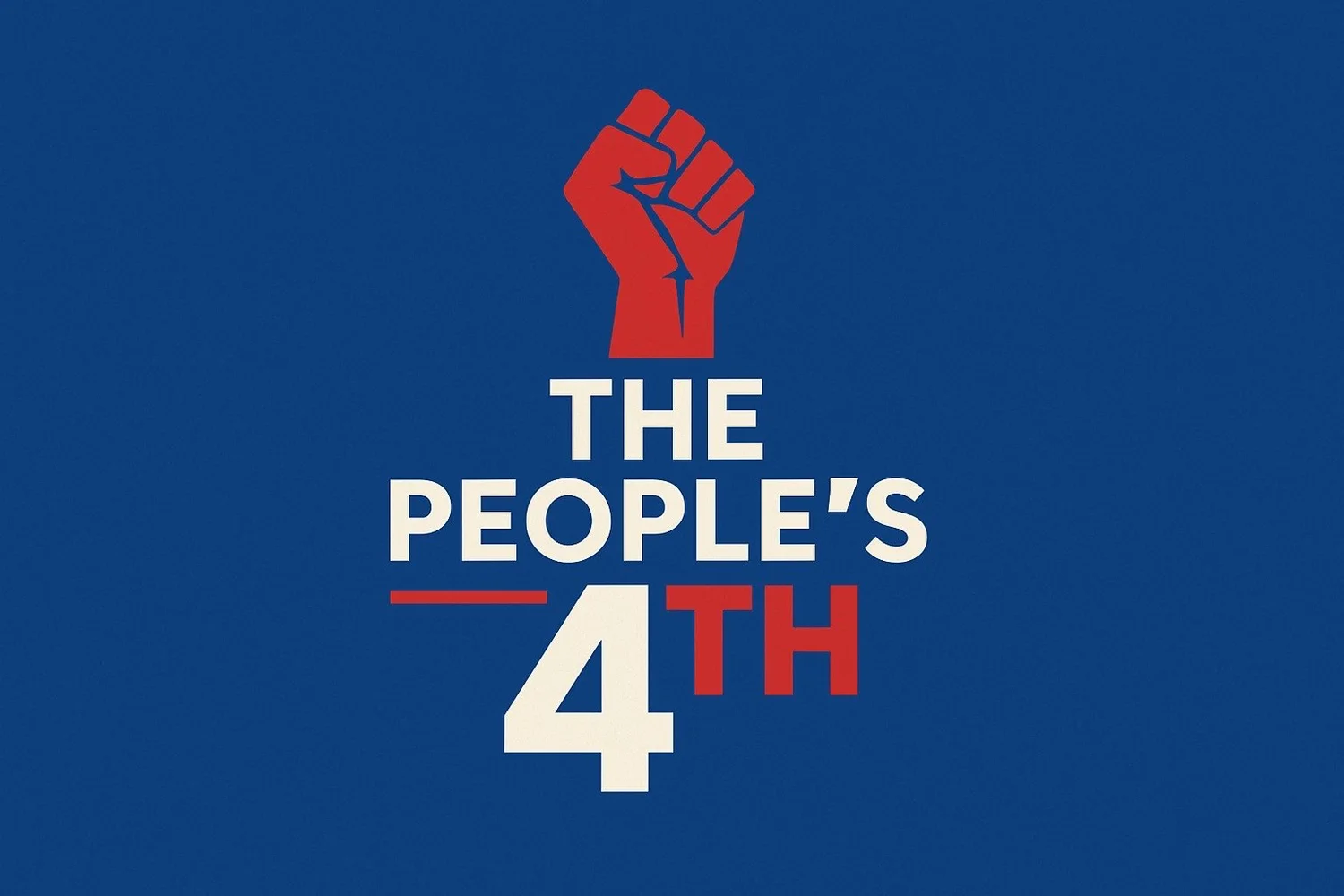Why Data Centers Are Bad for Rural Indiana Communities
The Case Against Monrovia and Franklin Township
Across Indiana, tech giants are eyeing our farmland and small towns for massive data center projects. They come with shiny promises of “economic growth” and “jobs,” but the reality on the ground tells a different story. For rural communities like Monrovia and Franklin Township in Indianapolis, data centers pose long-term problems that outweigh their short-term appeal.
1. They Devour Land and Destroy Rural Character
Data centers are sprawling, warehouse-style buildings that eat up farmland and green space. Monrovia — a small town with a proud farming tradition — risks losing acres of fertile soil to windowless concrete boxes. Once farmland is paved over, it’s gone forever. What makes Monrovia special — its small-town charm, agriculture, and sense of community — would be traded for corporate storage facilities that employ very few locals.
2. They Provide Very Few Jobs
One of the biggest myths is that data centers bring a wave of employment. In truth, these facilities are highly automated and typically require only a handful of technicians to operate. Franklin Township residents wouldn’t see hundreds of new jobs — they’d see a handful at best, while traffic, noise, and disruption increase for everyone.
3. They Strain Local Infrastructure
Data centers need enormous amounts of electricity and water to keep their servers cool. That means higher demand on local utilities, higher costs for taxpayers, and less capacity for residents and small businesses. In areas like Franklin Township, which already struggles with infrastructure stretched thin by rapid suburban development, a data center could push utilities past their limits.
4. They Undermine Property Values
Nobody moves to rural Indiana to live next to a giant concrete warehouse buzzing with fans, sucking electricity, and glowing with industrial lights all night long. Homeowners in Monrovia and Franklin Township stand to see their property values fall, while wealthy corporations reap the profits.
5. They Lock Communities Into Corporate Dependence
Once a data center is built, local governments often become dependent on tax incentives promised to lure the companies in the first place. These sweetheart deals mean communities sacrifice tax revenue that could have gone to schools, roads, or emergency services — all to subsidize multinational corporations that give little back in return.
The Bottom Line
Monrovia and Franklin Township are at risk of trading away their future, farmland, and community identity for projects that will not deliver real prosperity. Indiana deserves smart, sustainable growth that empowers rural communities — not predatory deals that benefit Silicon Valley more than Hoosiers.
As Hoosiers, we must ask ourselves: Do we want to be remembered as the generation that traded our fields, homes, and communities for corporate server farms?
The answer should be a resounding no.
